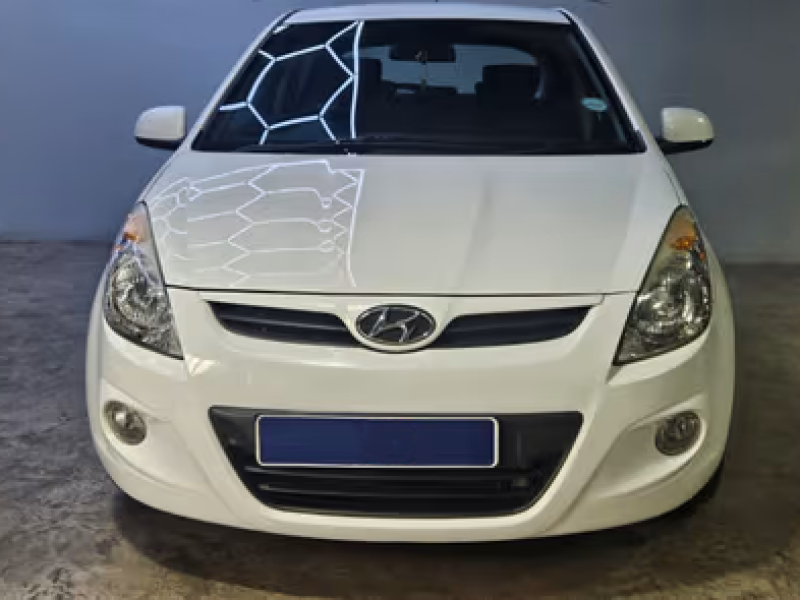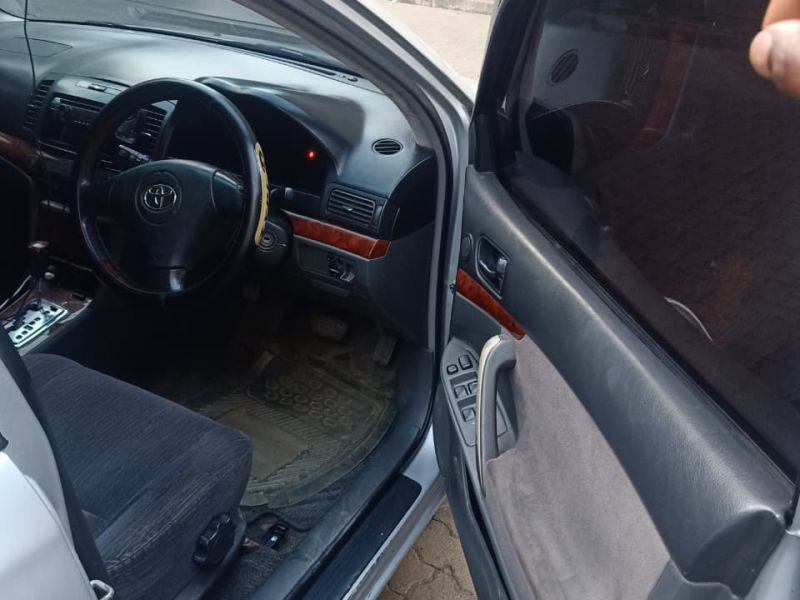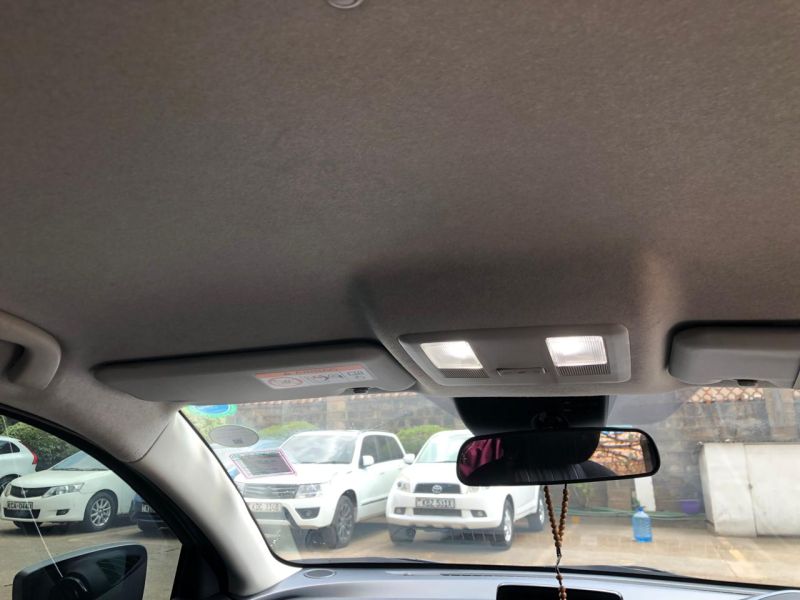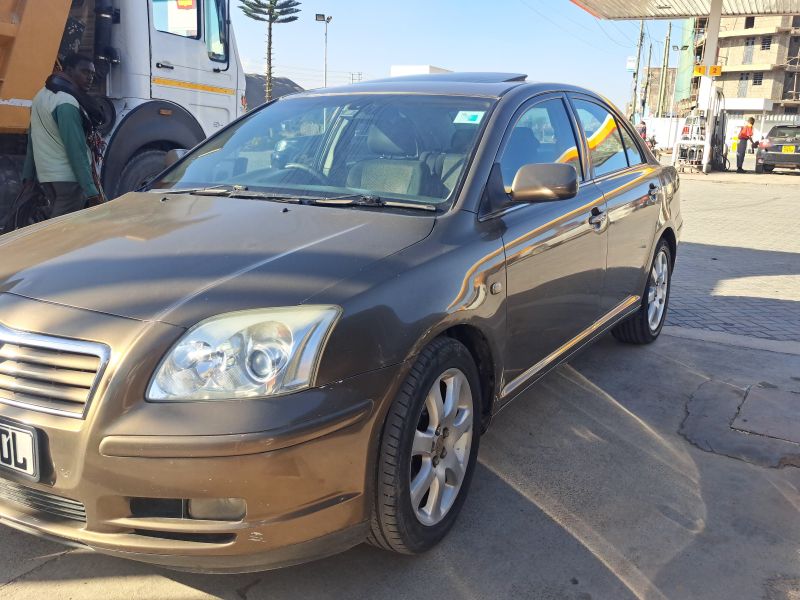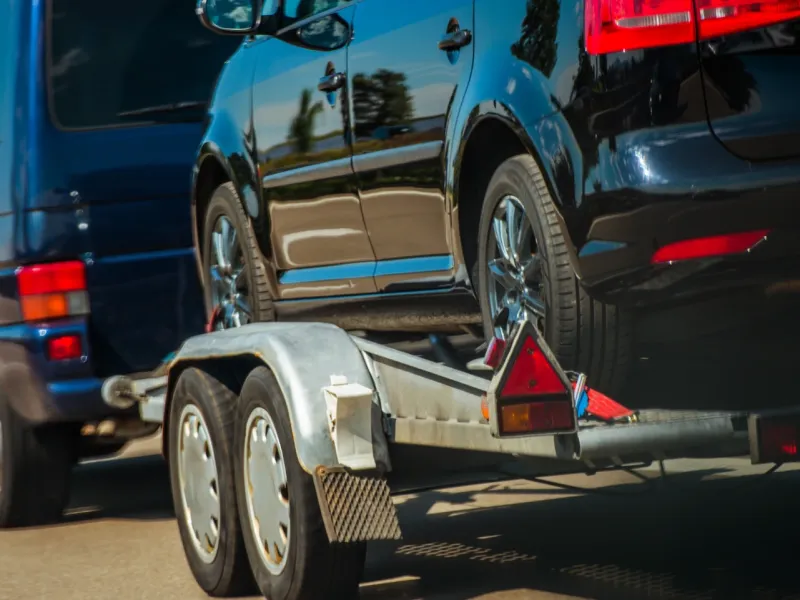
A Smarter Way to Get Your Next Ride: Is Buying Locally or Importing a Car Better in Kenya?
So you’re planning to own a car in Kenya in 2025 and you’re stuck with a common dilemma: Should you buy locally or import one from abroad?
Both options have their pros and cons and the “right” decision really depends on your budget, timeline, preferred car model and how much hassle you’re willing to go through.
In this article we’ll take a real-world look at the two sides—buying locally vs importing a car to Kenya—to help you make an informed decision that saves you money and headaches.
Why Some Kenyans Import Cars
Let’s start with imports. In Kenya importing a vehicle from Japan, the UK or Singapore has been a popular choice for years. Here’s why:
1. Better Variety and Newer Models
When you import you’re not limited to what’s available on Kenyan yards. You can choose from thousands of models, trims and colors. This is especially helpful if you’re eyeing a specific spec—say a hybrid version of the Toyota Axio or a turbo-charged Subaru Forester.
2. Lower Mileage & Better Condition
Most cars imported from Japan or the UK are better maintained, have lower mileage and come with detailed inspection reports (like JEVIC or QISJ). That’s a win for long term durability.
3. Sometimes Cheaper Than Local
Believe it or not some imported cars—even after duties—end up being cheaper than what’s on the local market. This is especially true for 1300cc–1500cc Japanese sedans and hatchbacks.
Example: A 2018 Mazda Demio from Japan may land in Kenya at about KES 950,000 all-inclusive—while a local dealer may ask KES 1.1M for the same unit.
The Hidden Costs and Challenges of Importing
It’s not all smooth sailing though. Importing does come with its fair share of challenges:
1. Import Taxes & Hidden Fees
The Kenya Revenue Authority (KRA) imposes several duties including Import Duty, Excise Duty, VAT, IDF and the Railway Development Levy. These can add up to 45%–70% of the car’s value (CIF price). If you’re not careful your “cheap” car becomes a budget buster.
2. Waiting Period
Importing a car takes 30 to 60 days from order to port clearance, depending on your exporter and shipping schedule. Not ideal if you’re in a hurry.
3. Risk of Fraud
There are legit exporters—and scammers. If you’re not working with a trusted dealer or agent you could end up paying for a car that never arrives.
What About Buying a Car Locally in Kenya?
If importing sounds like too much work you’re not alone. Many Kenyans are choosing to buy used or new cars locally. Here’s why:
1. Instant Ownership
When you buy locally you get to see, test-drive and walk away with your car within the same week. No waiting for shipments, no clearing delays.
2. Easier Verification
You can confirm the car’s history via NTSA TIMS or SMS (22846), check the logbook and even hire a mechanic to inspect the car on the spot.
3. Flexible Payment Options
Many local sellers—especially dealerships—offer instalment plans or asset financing, something that’s rarely available with imports.
But There Are Downsides to Local Cars Too
Let’s not sugarcoat it. Buying a car locally isn’t perfect either:
1. Higher Prices (Sometimes)
Local dealers may inflate prices—especially for high-demand models. And since the car has already been through multiple hands, you might be paying more for less.
2. Higher Mileage
Cars in Kenya tend to rack up mileage fast. A “clean” unit from a local seller might still have 100,000+ km on the clock—compared to 40,000–60,000 km for Japanese imports.
3. Limited Variety
The local market is dominated by a few models—Toyota Fielder, Probox, Vitz, etc. If you’re after a unique spec, you might struggle.
Buying Locally vs Importing: Quick Comparison Table
| Feature | Buying Locally | Importing a Car |
|---|---|---|
| Availability | Immediate | 30–60 days wait |
| Vehicle Condition | Varies (mostly used) | Often lower mileage, cleaner |
| Cost | Slightly higher (markup) | Can be lower if direct |
| Variety | Limited to local inventory | Wide global choice |
| Risk | Medium (fraud still exists) | High (if not careful) |
| Paperwork | Easier and faster | Involves KRA, NTSA, port |
| Financing Options | Easier to find | Rarely offered |
Final Verdict: Which Option Is Best for You?
At the end of the day, your personal situation will guide the best choice.
✅ If you want a specific model, lower mileage, and don’t mind the wait — importing is the better deal.
✅ If you need a car quickly, want to test-drive it, or prefer an easier process — buying locally is your go-to.
Pro Tip: Use platforms like Cheki.co.ke to compare local listings and estimate current prices. And if you decide to import, always work with licensed agents and verify everything before you pay.
Bonus: What’s New in 2025? KRA & NTSA Upgrades
As of 2025, both KRA and NTSA have digitized more services. You can now verify vehicle taxes, check registration history, and apply for a digital logbook online through the NTSA TIMS 2.0 portal. This reduces paperwork and helps buyers avoid fraud.
Conclusion
Whether you’re buying your first car or adding to your fleet, knowing how to compare importing vs buying locally in Kenya can save you time, stress and serious cash.
The best car isn’t just about the lowest price—it’s about getting the most value, with peace of mind. If you’re not sure where to begin, don’t hesitate to talk to auto import agents, inspect local cars with a trusted mechanic or browse classified sites to get a feel for pricing trends.
Still unsure? Ask yourself: How long can I wait, and how much risk can I manage?
We have prepared a simple excel cost estimator for your convinience, avoid getting caught off-guard once your car arrives in the country
